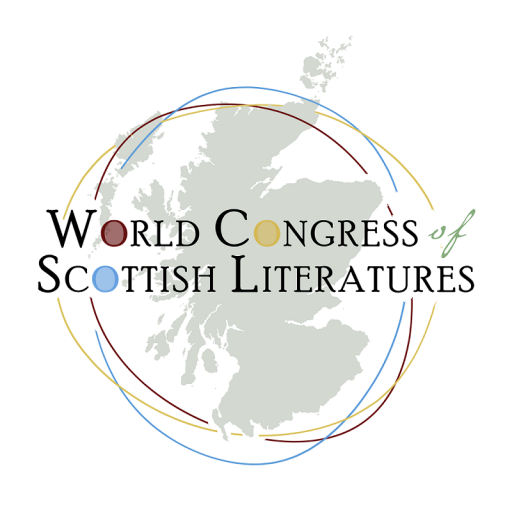A ‘weary heap of good-for-nothing evidence’: The Letters of Thomas Campbell[1]
As the bestselling poet of The Pleasures of Hope (1799), author of a number of major prose works, editor of The Metropolitan and The New Monthly Magazine, public figure as rector at the University of Glasgow, and the founder of University College London, it is curious that the Scottish Romantic poet Thomas Campbell (1777-1844) remains largely overlooked in Romantic scholarship and is strangely absent from the traditional Romantic canon.
This paper therefore investigates how the numerous and wide-ranging letters written by Campbell are not only a valuable addition to our knowledge of his life and works, but also demonstrate his role as a mover and shaker, corresponding with a wide range of literary and political luminaries. Bernard McKenna states that Campbell exhibited the ‘early poetic expression of the Romantic ideal’ (2008: 19-20), whilst Mary Ruth Miller argues that Campbell ‘aided the triumph of the romantic movement’ (1978: 143). Building on the foundations of this scholarship, this paper is made up of the findings of initial editorial work on Campbell’s previously unpublished and unstudied letters in order to revive Campbell’s Romantic reputation, and to begin reinstating him in public knowledge as a pivotal literary and social figure.
Amy Wilcockson, University of Nottingham, UK
[1] John Anster, ‘The Poet Campbell’, Dublin University Magazine, 33 (1849), in Caroline Franklin, British Romantic Poets Volume II, Blake-Clare (London: Routledge/Thoemmes Press, 1998), p. 849.
